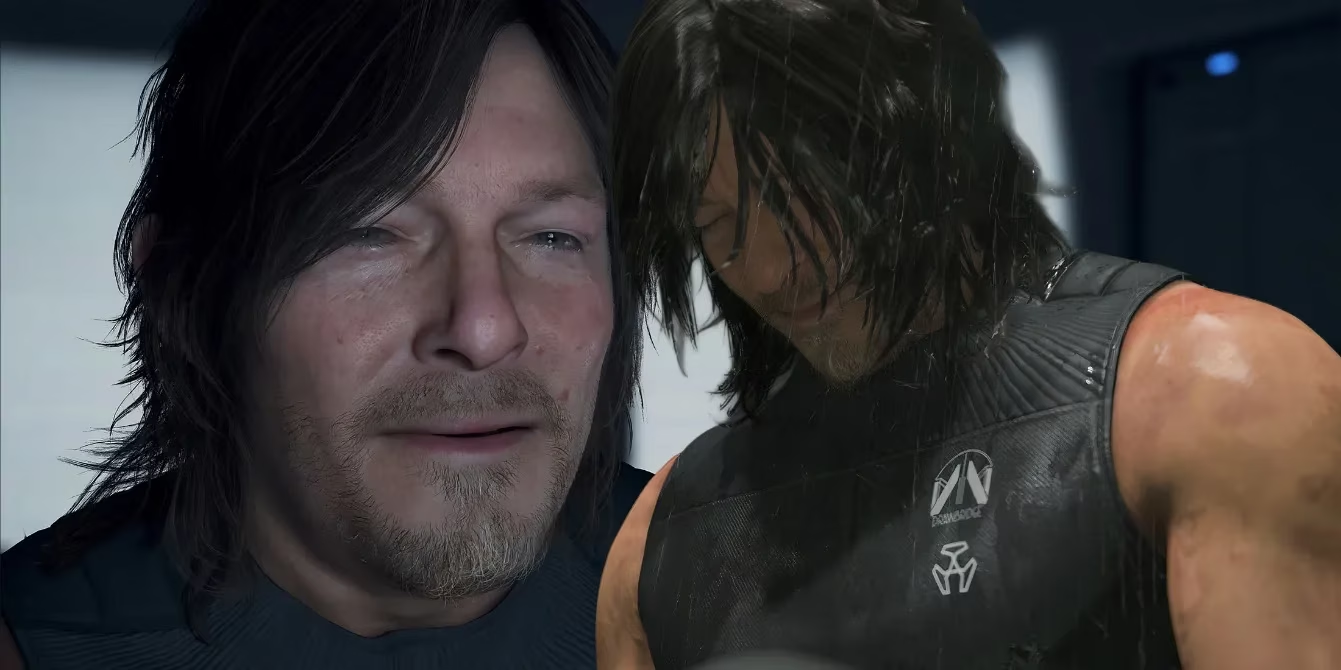Let me paint you a scene straight out of my 2025 gaming diary: I'm cruising through Death Stranding 2's haunting Australian outback in a souped-up Pickup Off-Roader, cargo stacked high, feeling like a post-apocalyptic Uber driver on steroids. The sun’s blazing, the terrain’s flying by faster than gossip in a prepper camp, and I’m patting myself on the back for ditching those grueling on-foot treks. Who needs meditative solitude when you’ve got horsepower, right? Then it happened—a flash of red text seared into my screen like a ghost from a haunted typewriter, announcing I’d just turned a harmless quokka into roadkill. My virtual ego imploded faster than a sandcastle at high tide. That tiny creature’s digital demise wasn’t just a gameplay blip; it felt like stepping on a landmine made of cotton candy—deceptively soft until it detonates your conscience. And just like that, my joyride became a guilt trip etched in blood-red pixels.

I’d known Death Stranding 2 wasn’t for the faint-hearted. Between dodging BTs and enduring plot twists sharper than a chef’s knife, I thought I’d armored up. But this? This was different. After completing the main story offline without vehicles (yeah, I’m that stubborn purist), I caved. Efficiency became my god—max out prepper reputations, shave hours off deliveries, live the high-speed porter dream. For a while, it was glorious. Flying over rocks and rivers that once took ages to cross felt like cheating time itself. But the game’s soul whispered warnings I ignored. Death Stranding isn’t meant to be a racetrack; it’s a pilgrimage. And my truck? A bull in a porcelain shop, trampling the silence.
That quokka’s death wasn’t just code—it was a gut punch. I’d assumed animals were invincible background fluff, like in so many other games where deer phase through your hood like mist. Nope. Kojima Productions went full Shakespearean tragedy on me. One second, I’m humming along; the next, I’m a villain in nature’s opera, dubbed the 'Quokka Slayer' by every echidna and wilbie in the Outback. The guilt clung to me like a tune stuck in an old music box—tinny, persistent, and looping in my head during quiet moments. I’d trade all my five-star prepper ratings to undo it. Here’s why walking isn’t just meta—it’s moral therapy:
-
Mindful Movement: Vehicles shred the game’s DNA. Death Stranding 2 breathes in slow, deliberate steps. Sprinting through it is like speed-reading poetry—you miss the rhythm, the weight, the ache in Sam’s shoulders as he rebuilds connections. 🚶♂️
-
Ecosystem Reverence: Those animals aren’t props. They’re silent judges. Run one over, and the game brands you with scarlet letters. Walk, and you hear their rustles—a reminder that this world’s beauty is fragile as blown glass.
-
Guilt as Gameplay: Unlike scripted story sadness, this felt personal. No cutscene, no dialogue—just you, your recklessness, and a pixelated corpse. It’s genius. And it hurts.
| Playstyle | Reward | Cost |
|---|---|---|
| Walking | Soul-soothing solitude | Time & blisters |
| Driving | Blistering speed | Eternal quokka nightmares |
Now, my future hope? I dream of a 2026 where players revolt against haste. Imagine servers filled with porters who walk not just for loot, but for atonement—turning the barren wilds into a sanctuary where quokkas bounce without fear. Maybe Kojima adds a 'Wildlife Guardian' mode, where your boots auto-dodge critters like a mindful dancer. But honestly? I’ll keep walking. Not because it’s efficient, but because every step is a whisper: Slow down. Listen. Respect the silence. Those red letters? They’re my phantom companions now, flickering behind my eyelids like campfire shadows. So trust me, fellow porters—lace up those boots. The quokkas will thank you. 🌿